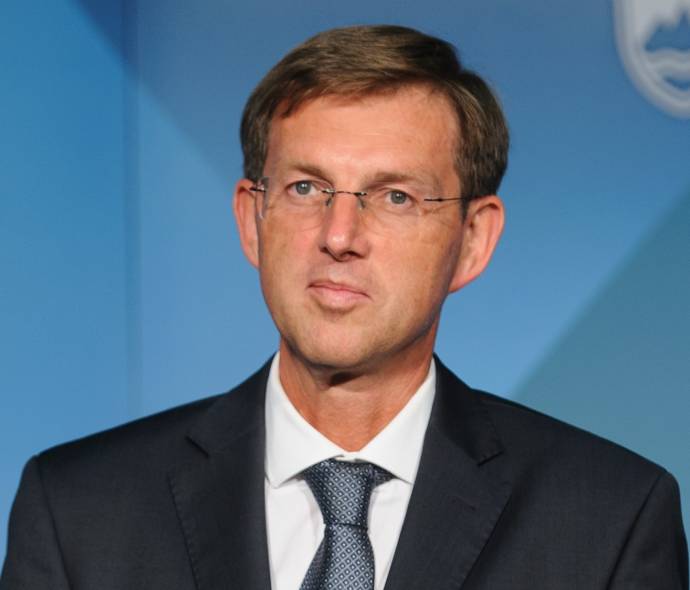December 16, 2017
On his return from the regular meeting of the European Council in Brussels, PM Miro Cerar stated yesterday that recognition of Palestine is not currently on the agenda of the EU, and that the time was not yet right to begin the debate on recognition of the State of Palestine.
Cerar had been approached by the media in relation to the Foreign Minister Karel Erjavec, who stated last Wednesday that he believes that “circumstances have matured to consider the possibility of recognizing the state of Palestine again.”

Karel Erjavec
Already in April 2015 the minister announced a proposal would be made to the government by the end of that year if a group of European countries which were discussing the matter failed to reach a common, positive decision on recognition of the State of Palestine, a promise he did not keep.
The Foreign Minister’s recent suggestion enjoys support from the coalition SD (Socialni Demokrati), while not so much from Cerar’s SMC.
Matjaž Han of the SD expressed an expectation that the government, or rather the Ministry of Foreign Affairs, would prepare a report, which would serve as a basis for National Parliament’s vote on a declaration of recognition of Palestine's sovereignty, while Simona Kustec Lipicar (SMC) pointed to Slovenia’s commitment not to make any moves on its own outside group of the European countries.
Left (called the United Left at the time) already proposed Palestine’s recognition in 2014, but later that year the Parliamentary Committee on Foreign Policy, at the initiative of SMC, decided that the government should decide on the matter first, and then the government’s decision would be sent for a vote to the National Assembly. None if these steps have happened thus far.
The last EU country to recognize Palestine was Sweden, in 2014, after Bulgaria, Cyprus, Malta, Romania, Poland and the Czech Republic. Although not a member of EU, Iceland has also recognised the State of Palestine.
The debate follows the United States' decision to recognise Jerusalem as the capital of Israel. Jerusalem has been claimed by both Israelis and Palestinians as their cultural and political capital. A peace deal which would give western Jerusalem to Israel and its eastern part to the eventual state of Palestine was anticipated by many. The whole of Jerusalem has been under Israeli control since the Six-Day War of 1967 and in 1980 Israel declared by law Jerusalem to be Israel's “undivided” capital. The latter move was widely understood as a de facto annexation of the city’s eastern half, and the recent USA recognition of the city as the Israeli capital implies American support of this annexation, and thus undermines previous efforts spent on a peace deal.







